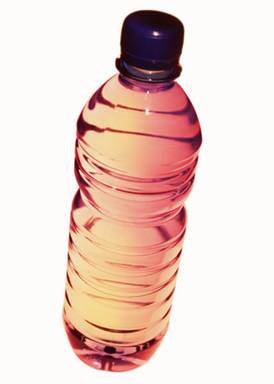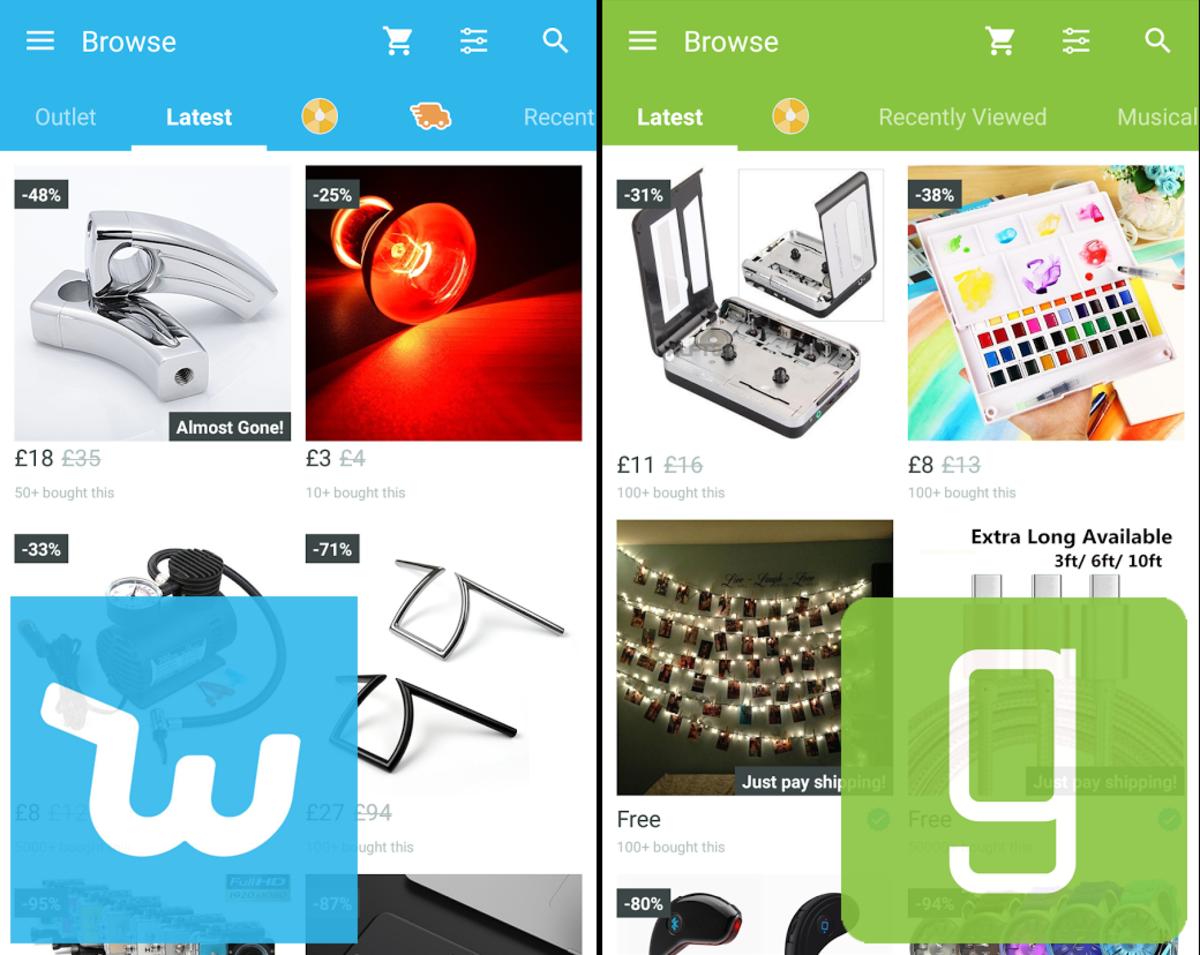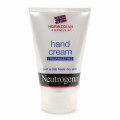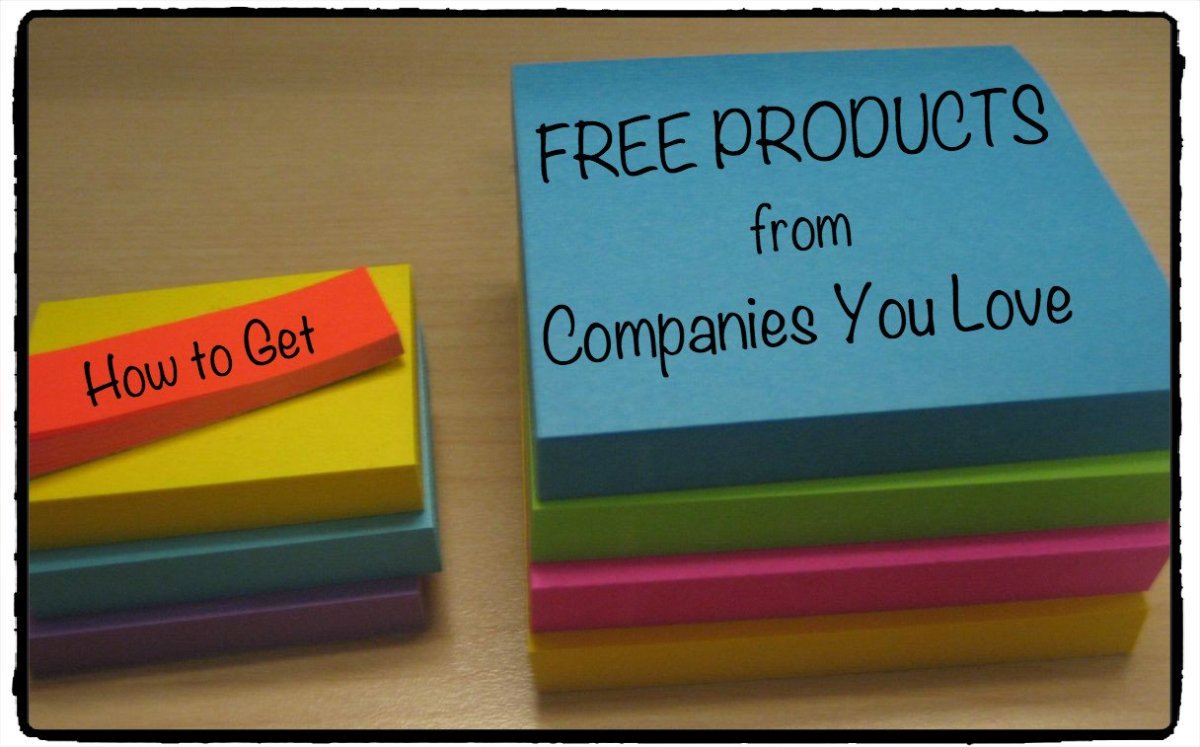Why We Buy Overpriced Products

We routinely overpay for a number of things. Oddly enough, we are often happy to pay too much for these purchases because they fill an important (and unmet) emotional or physical need. Once we understand how marketers exploit our needs, we can learn to counteract them and pay less. But remember … these marketers are professionals, and it’s very difficult to stay out of their clutches.
Food & Drink
Product: Food & Drink
Need: Physical (Hunger and thirst)
It’s not uncommon to pay $4.00 for a hotdog at a major league ballpark, $3.00 for a bottle of water at Disneyworld, $6.00 for an in-flight “snack” on an airplane, or $5.00 for a cheeseburger at the state fair. All of these over-priced products are bought by customers in captive settings who have no alternative way to meet their physical need of hunger or thirst. After all, you can’t leave the ballpark to buy dinner at Subway without missing the fourth inning, and you can’t find a Pizza Hut at 40,000 feet. If you’re traveling with children, you may have no choice but to pay these exorbitant prices.
The key to avoiding these expensive food and drink purchases is to think ahead and plan alternative ways to get food and drinks. Consider arriving at the ballpark early to tailgate, or hit a sports pub after the game to celebrate the home team’s victory or wallow in its defeat. Bring a bottle of water for each member of your party when you visit Disneyworld, and then fill them up from the drinking fountains. Bring a salad and apple in your in-flight carry-on, or bring a round of sandwiches to the state fair.
Before you go, call or use the Internet to check your destination’s policy about bringing in outside food and drinks. You may be surprised at how lenient it is. Disneyworld, for example, allows its customers to bring in food and snacks, and bottled water and soda, but you cannot bring in alcoholic beverages, glass containers, or certain coolers.
Bringing in your own food and drink is not an all-or-nothing decision. My family often brings water and a healthy snack to the state fair, and then buys a fun (and, usually, unhealthy) entrée. That way, we get to participate in the fair’s culinary experience without breaking our budget (or upsetting our stomachs!).
Imported alcohol, branded cigarettes, designer clothes
Product: Imported alcohol, branded cigarettes, designer clothes, etc.
Need: Emotional (Feeling popular or sexy)
Apparently, people are more likely to find me to be fascinating if I drink imported beer, or more manly if I smoke Western-themed cigarettes (though I find smoking to be repugnant), or more sophisticated and powerful if I wear a well-tailored suit. By spending extra on such products, I’ll become more popular.
Before shelling out extra money to buy products advertised to increase your popularity or sexiness, take a critical look at whether you are buying them in the misguided belief or hope that they will have this impact on you. If you truly love the taste of a certain Mexican beer, by all means purchase it. But if it tastes just like a less-expensive domestic beer, then don’t fool yourself into thinking that people will start crowding around you at the next party just because you’re drinking it … they really don’t care.
Extended warranties, car maintenance from the dealer, “healthy” products, “green” products
Product: Extended warranties, dealer car maintenance, “healthy” or “green” products
Need: Emotional (Fear or Anxiety)
Fear is another powerful emotion that marketers love to exploit in their quest to separate you from your money. Recently, I purchased a $698 high-definition TV from Best Buy. This is my family’s first high-end TV, and a $698 purchase is enough to cause me a certain amount of anxiety. After selecting the TV, the saleswoman proceeded with her pitch to upsell expensive accessories to exploit my anxiety. First, she tried to sell me a power manager with a surge protector and noise filter for $129.99. Although I already own several surge protectors, she argued that my TV was sure to die early without the noise filter. To be honest, I had never heard of such a “noise filter”, and had no idea whether I needed one. Second, she pushed an extended warranty for $99.99. When I said “no”, she brought in her manager, who gave me a special price of $89.99 and then pushed me even harder. It’s ironic that, just a few minutes after the saleswoman assured me that I was buying a very reliable brand of TV, both she and her manager were arguing my new TV was doomed unless I bought both the noise filter and the extended warranty.
Other situations in which marketers try to exploit your fear or anxiety include pitches to have your car maintenance done only at the dealer, to purchase foods which are “healthy” or “organic”, and to purchase cleaning products which are “green” or eco-conscious. Presumably, mechanics working at independent auto shops have inadequate training and inferior tools, non-organic bananas will poison you, and vinegar-based glass cleaners are likely to turn your property into a Superfund site.
The best antidote to overcome your fear or anxiety is to educate yourself so you can decide if there is any truth to the marketing pitch, and what any advantages of the product might be worth. I turned down the pitch for Best Buy’s extended warranty since the statistics show most of the dollars spent on extended warranties go straight to the retailer’s bottom line, rather than paying for repairs. As for the noise filter, I skipped buying one after reading several Internet reviews saying they are unnecessary.
Luxury car, gourmet foods, brand new technology
Product: Luxury car, gourmet foods, brand new technology, etc.
Need: Emotional (Prestige)
Many high-end products carry a certain amount of prestige. Executive homes, high-end German automobiles, expensive bottles of wine, and the latest-and-greatest cell phones are all examples. The prestige factor is often driven by marketing campaigns featuring attractive and wealthy-looking models.
Making the decision to purchase or not purchase high-prestige products can be difficult, partly because many of these products have genuinely high value. For example, owning an expensive new iPhone from Apple may carry a certain level of prestige, but it might still make good sense from a business viewpoint due to the phone’s high level of quality along with its productivity-enhancing features.
There are also situations where people need to purchase high-prestige products for genuine business reasons. For example, if you are a lawyer entertaining a potential new client, you may need to show certain trappings of success in order to land their business, such as an office in a high-rent district.
It’s best to articulate your reasons for wanting to make a high-prestige purchase before pulling the trigger. If you genuinely value its high-end features, or if you believe buying it will save you money or enhance your income, go ahead and buy it. If, on the other hand, you have no reasons to make the purchase beyond the look-and-feel of the television commercial you saw last night, save your money.
Lottery tickets, casino chips, penny stocks
Product: Lottery tickets, casino chips, penny stocks
Need: Emotional (Greed)
Certain products appeal to another of our basic instincts: greed. Considering lottery tickets return an average of only 50% of their purchase price, there are two main reasons to purchase them. First, buying a lottery ticket and seeing if you win provides entertainment. Second, buying a lottery ticket can be a road to riches for a very small minority of people. Buying a ticket for the former reason can make sense, but buying for the latter reason is irrational. Similar arguments can be said for other products that appeal to the instinct of greed, such as casino gambling or buying penny stocks.
In deciding whether to buy these products, separate their entertainment value from their investment value. To the extent you value their entertainment more than their price, buy a ticket! But once you start thinking about making money, do the math and only buy if you expect to get more back than you pay.
Conclusion
Many marketers exploit our physical and emotional needs to sell us products that are vastly overpriced. They exploit our physical needs such as hunger and thirst, and our emotional needs such as wanting to feel popular or sexy, fear, anxiety, prestige and greed. Luckily, we can counteract their techniques.








